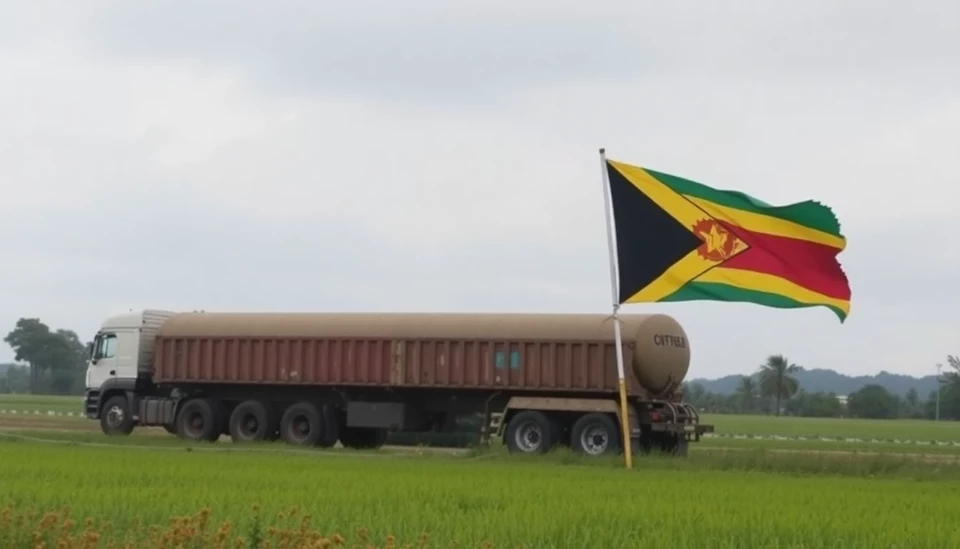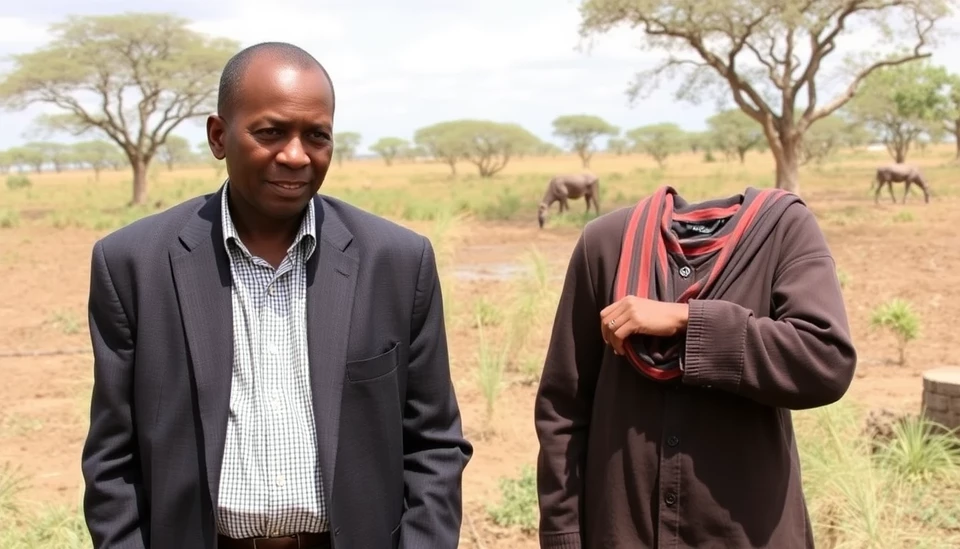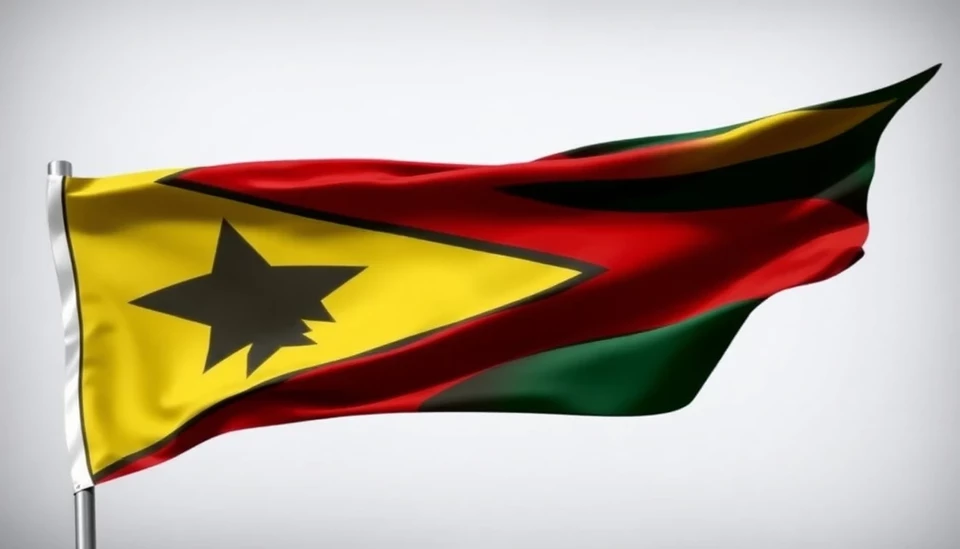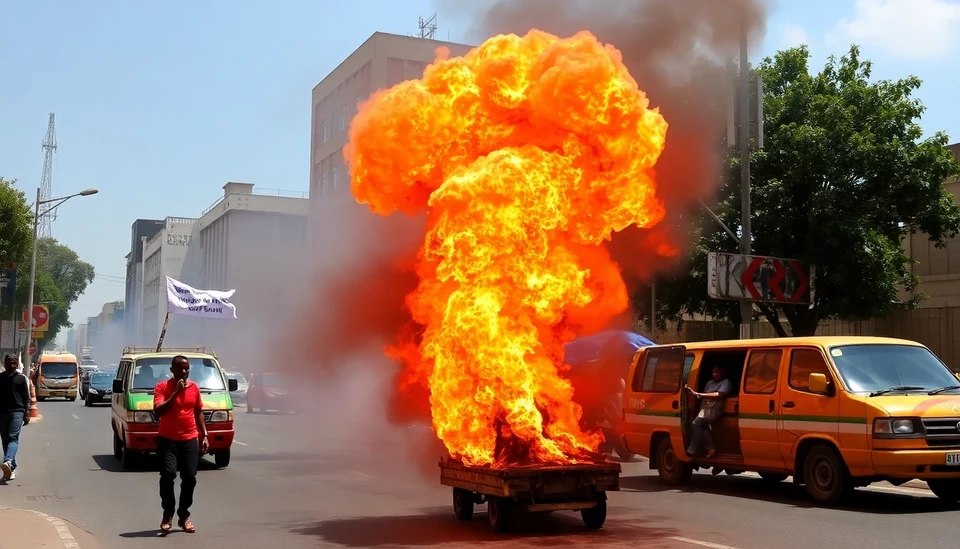
In a severe blow to the residents of Zimbabwe's second-largest city, Bulawayo, local authorities have announced an extension of water supply cuts, leaving citizens to endure up to 130 hours of water shortages each week. This drastic measure underscores the worsening water crisis that has increasingly plagued the city, with officials citing inadequate rainfall and a dilapidated water supply system as key contributing factors.
The Bulawayo City Council disclosed that, beginning immediately, the water supply will be significantly reduced, allowing water to flow for only a few hours each week. The situation has been dire for some time, as residents have already been accustomed to long periods without running water, but the extended cuts are set to exacerbate an already untenable situation.
Several areas in the city, particularly the outer suburbs that rely heavily on the municipal supply, are expected to be the hardest hit. The council's decision comes as a response to dwindling water levels in the city's reservoirs and failure to implement sufficient infrastructure improvements over the years. Despite these efforts to manage the crisis, the lack of investment and maintenance has left residents struggling to cope with the everyday implications of such significant water scarcity.
Local residents expressed their frustrations over the ongoing water shortages, many reporting that they are forced to rely on boreholes, private water suppliers, and often resort to purchasing water at exorbitant prices from vendors. This situation not only highlights the growing desperation among citizens but also raises serious health concerns as the risk of waterborne diseases heightens in the face of inadequate sanitation options.
Moreover, the Zimbabwe National Water Authority has admitted to imminent challenges, particularly as they grapple with the impact of climate change and its effect on rain patterns in the region. The authority has committed to improving water management practices, but tangible solutions have yet to materialize amid worsening conditions.
Local experts have called for urgent action to address the crisis, advocating for enhanced public-private partnerships aimed at securing investments for modernizing water infrastructure. Only following these comprehensive strategies can the city hope to restore stability to its water supply and alleviate the burden faced by its residents.
This announcement by the Bulawayo City Council serves as a tragic reminder of the ongoing struggles in Zimbabwe, where water access remains a significant challenge for many communities. As the situation unfolds, many are left wondering how long this crisis can persist and what measures will eventually be taken to solve the underlying issues.
For now, residents of Bulawayo can only brace themselves for an unprecedented and challenging period ahead, hoping for relief in the near future amid growing uncertainties.
#Zimbabwe #Bulawayo #WaterCrisis #WaterShortages #ClimateChange #HealthRisks #PublicHealth #Infrastructure
Author: Peter Collins




